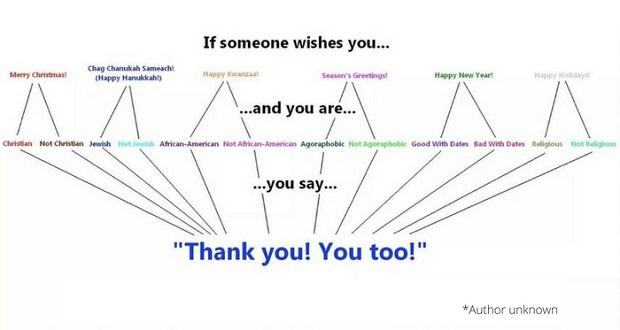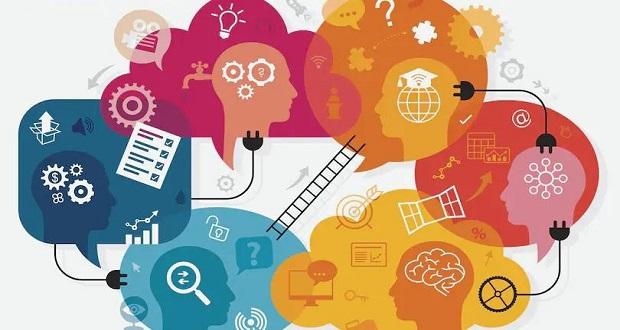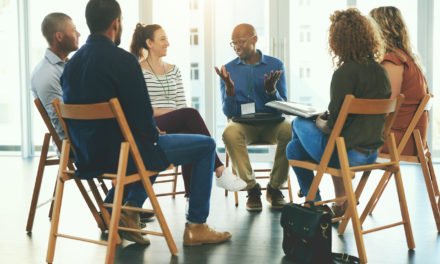
Two of the many components of navigating a diversity, equity, inclusion (DEI) and social justice journey is ensuring the process is both intersectional and adaptive. While this is true, my experience has shown me how accessibility is often overlooked or forgotten in this journey. In order for our DEI and social justice journey to create a positive and sustainable impact on historically marginalized communities, it is crucial to disrupt the perpetuation of ableism.
Two of the many components of navigating a DEI and social justice journey is ensuring the process is both intersectional and adaptive. Accessibility is often overlooked or forgotten in this journey. Click To TweetIn many DEI spaces, the work comes with many requirements. These may include understanding harm will be caused, knowing the work cannot be accomplished overnight, and trusting the people doing this work alongside you want the same or a similar outcome, sometimes with a different perspective. While DEI work has many requirements, it does not mean that people should feel as though they have to sacrifice a piece of their identity to advance the work. This is a common feeling many people with disabilities are having, and is a common experience I have witnessed, and have had, in multiple spaces.
One of the biggest nuances surrounding DEI and social justice work is knowing we are trying to transform systems while having to work within these systems. Many of these systems we navigate have ableist practices that are often met with technical checklist solutions such as closed captions, alternative text, and ADA push buttons. While these solutions are important and necessary, it is crucial to question what kind of transformation we want to actualize that honors inclusion, equity, and accessibility.
This is where we have an opportunity to embrace adaptive obstacles and cultivate a culture of longevity — to think of what current behaviors need to shift, along with what systems we want to change. This change can lead to understanding of disabilities not as challenges that we accommodate, but as opportunities to make our communities stronger and better than before.
We have an opportunity to embrace adaptive obstacles. This change can lead to understanding of disabilities not as challenges that we accommodate, but as opportunities to make our communities stronger than before. Click To TweetIn DEI and social justice work, we are faced with making decisions that impact multiple communities. As an initial moment of opportunity, I encourage DEI and social justice practitioners to determine how their decision-making processes are accessible. Consider if your decision-making processes are designed for people with disabilities to provide input and contribute to, or if instead, they are designed to perpetuate appeasing white supremacy culture; this tends to be a common occurrence.
Additionally, I encourage DEI and social justice practitioners to reflect and process what comes up for them when thinking about the following questions:
- How are you incorporating flexibility into your DEI and social justice initiatives so people with disabilities can engage in ways that are meaningful and possible to them?
- What assumptions are you making about those with disabilities who attend and engage in your DEI and social justice initiatives? How can you challenge those assumptions?
- What are you wanting to learn more about with regard to individuals with disabilities, the socio-political aspects of disability, and ableism?
- Are the spaces you hold and facilitate conducive to the sharing and opening of disability narratives? If not, what steps need to be taken to create more open and affirming environments?
As you can see, there is not one singular answer to these questions; hence why it is crucial to embrace the technical and adaptive nature of DEI and social justice work. By failing to maximize opportunities to advance accessibility and disability justice, we leave ourselves vulnerable to normalizing intersectional disparities experienced by historically marginalized communities, especially people of color.
By failing to maximize opportunities to advance disability justice, we leave ourselves vulnerable to normalizing intersectional disparities experienced by historically marginalized communities, especially people of color. Click To TweetTo those of you with one or multiple disabilities: I want to be clear in saying that it is not your job to inform others of your experience with navigating with a disability, nor is it solely your responsibility to be the person to educate others about advancing disability justice and accessibility.
At the end of the day, everyone has a shared responsibility in this work.


















